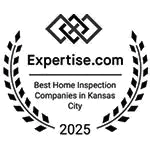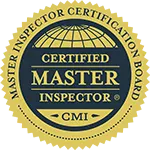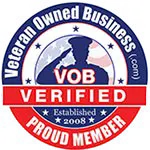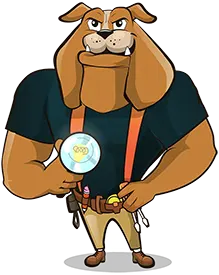What is a home inspection?
Hey, many home buyers (and even real estate agents) don’t know the answer to this question so let’s clear the smoke now before things get hairy.
THERE ARE 2 PARTS TO EVERY HOME INSPECTION:
1st – The actual home inspection.
2nd – The home inspection report.
The Home Inspection
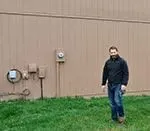
A home inspection is an in-depth top-to-bottom and inside-out expedition of your home using what can be seen, touched and tested to understand what has happened in the past, what is going on in the present, and what may happen in the future.
And it all happens in a single visit.
The Home Inspection Report
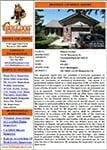
The home inspection report is where your inspection results go and is the actual product you receive when it’s all over. It will be several pages long (it’s not uncommon for a home inspection report to be 60+ pages) and should be easy-to-read, easy-to-understand, easy to navigate, and have photos to help you understand each issue.
Now, a home inspection IS NOT about finding a home’s problems. I hear that a lot and I understand why. Home inspectors can be very serious and focus on the bad things to protect themselves and help you avoid a money pit (which is why they’re sometimes called “deal killers”).
But the best home inspections are a resource that gives you an inside-out understanding of the home you’re buying – discussing both the good and bad.
It shouldn’t:
•Scare you
•Steer you
•Lead you
•Talk you out of it
•Talk you into it

It should be totally objective and simply coach you into understanding it.
If you walk away from your home inspection feeling more educated and informed than confused and scared, you know they’ve done a good job.
And that’s what a home inspection should be.
HELPFUL TIP: If your home is vacant, check – then double check – that all utilities (electric, gas, and water) and pilots get turned on BEFORE your inspection starts.
Your home inspector can only inspect what he can see and test so making sure everything is on and working before he arrives is important.
Also, don’t ask him to turn them on.

This is too much risk for him to accept because many times something was turned off for a reason we don’t know about or understand. For example, the water turned off because of a plumbing leak or gas turned off because of a gas leak.
Making sure the utilities are turned on by the proper professional or utility company ensures your inspection avoids any snags and everything can be safely operated.

Lastly, try to attend your home inspection.
This is an opportunity to learn about your new home from a trained professional whose sole purpose is to not only understand how it operates, but how all its systems work together and affect one another.
Which leads to the one big caveat – don’t follow him around asking lots of questions.
Believing this is a good idea is a misconception many home buyers have and many Kansas City real estate agents perpetuate. But, this is not sound advice. Your home inspector needs to stay focused on the minute details of your home in order to create associations along the way that allows him to confidently deliver what you paid for.
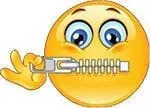
I tell my clients they’re more than welcome to follow me, but I don’t talk much during my inspection. I do most of my talking at the beginning and again at the end. This lets me get in my zone so nothing gets missed and we can have a pleasant conversation when it’s over.
So please show your home inspector this same consideration. Feel free to follow him and take notes as the inspection moves along, but try to hold your questions until the end so he can focus on your home.
Trust me, he’ll answer all your questions, address all your concerns and show you anything that needs to be seen before he walks out the door.


